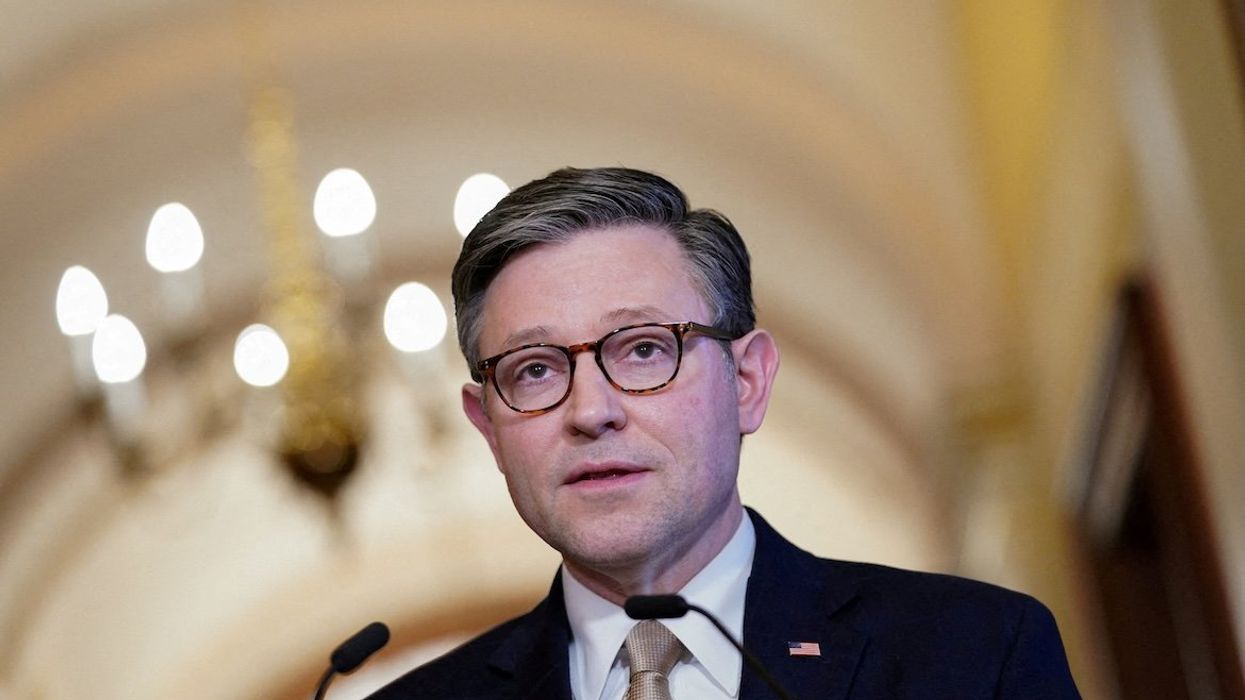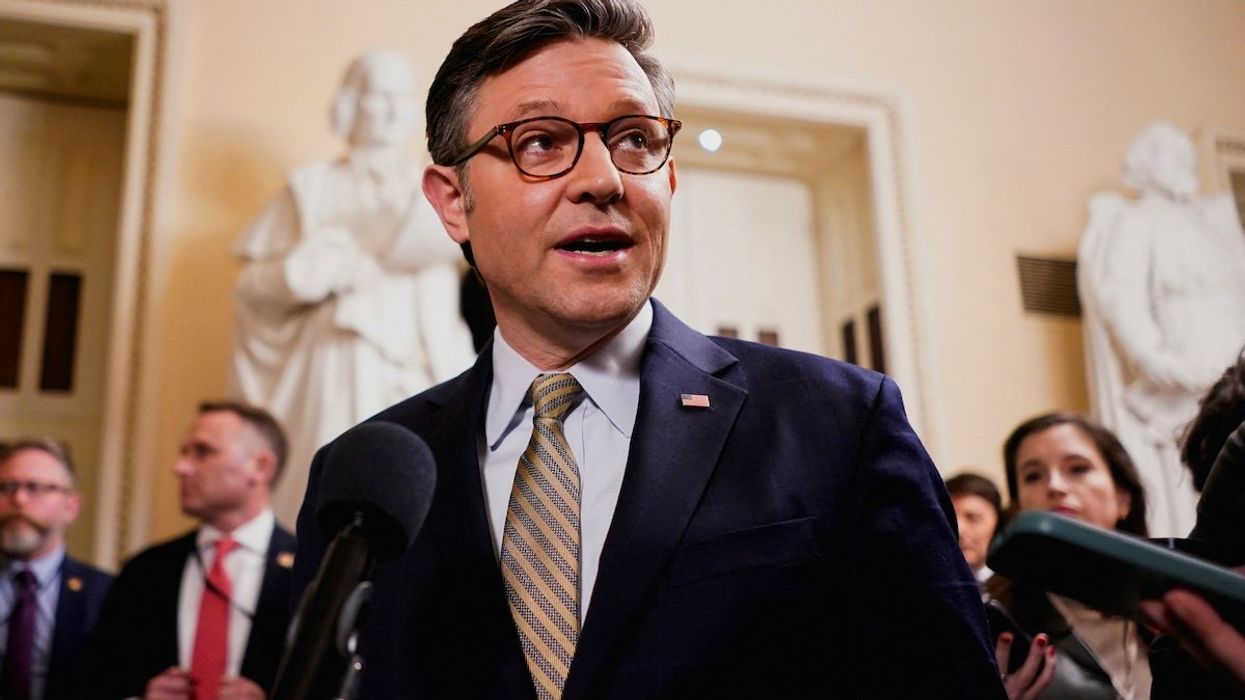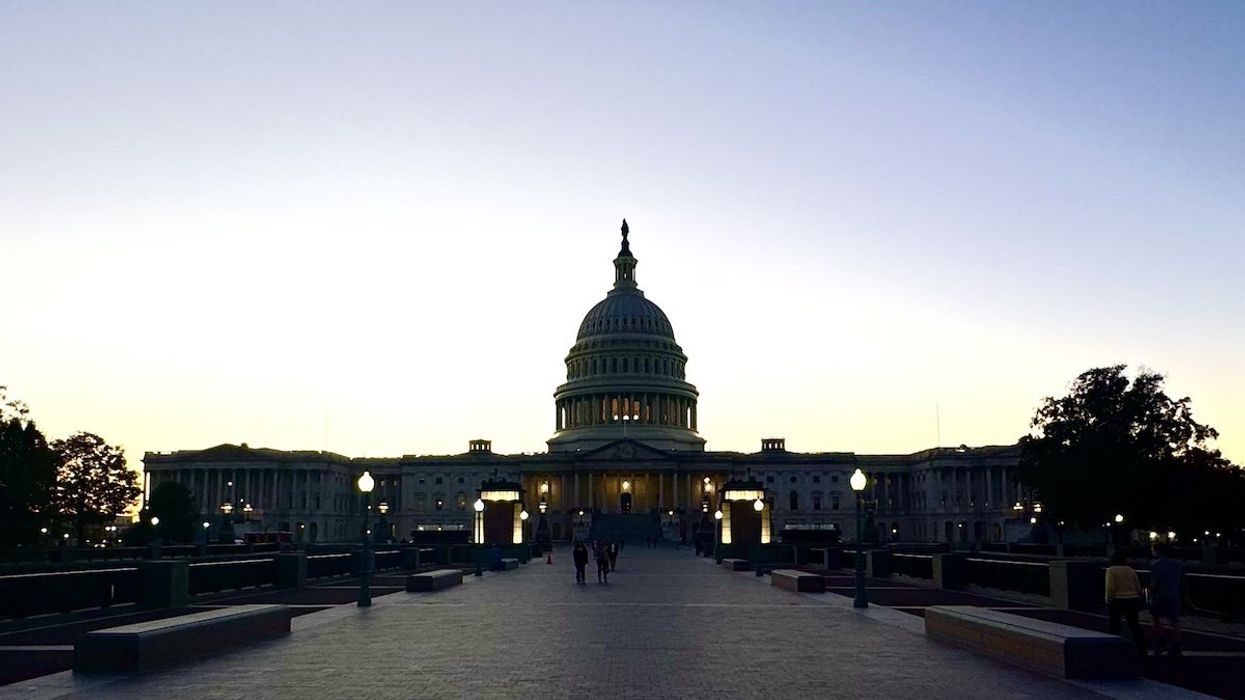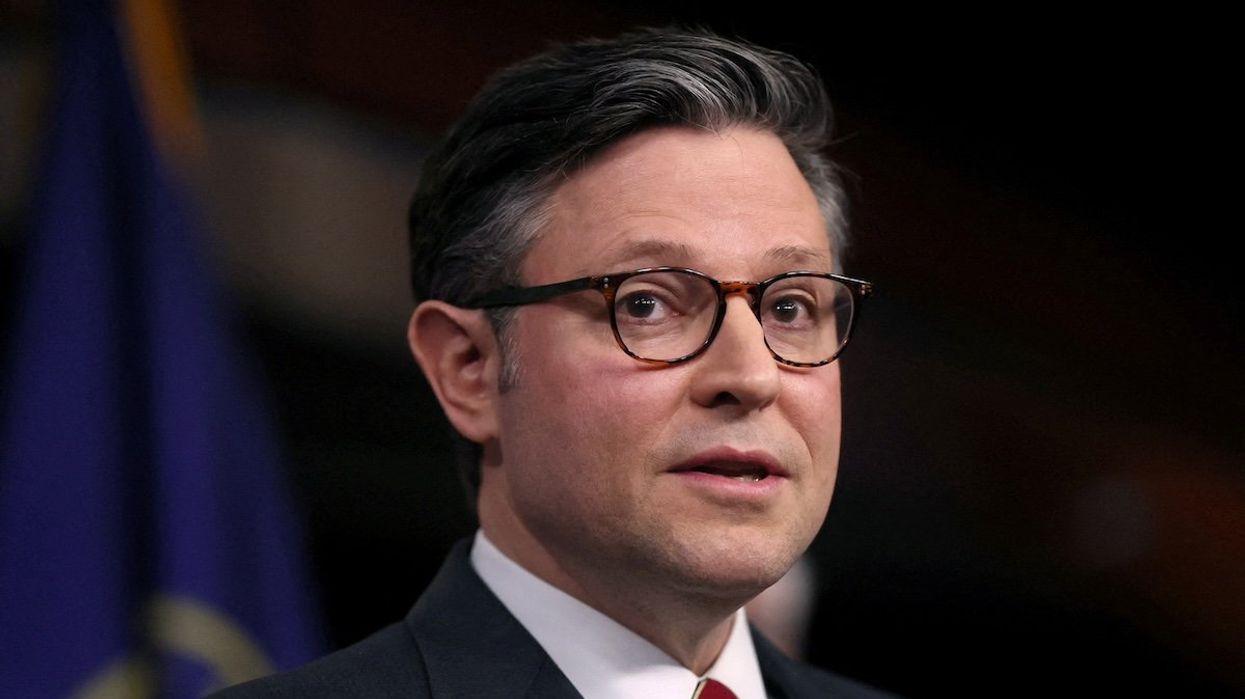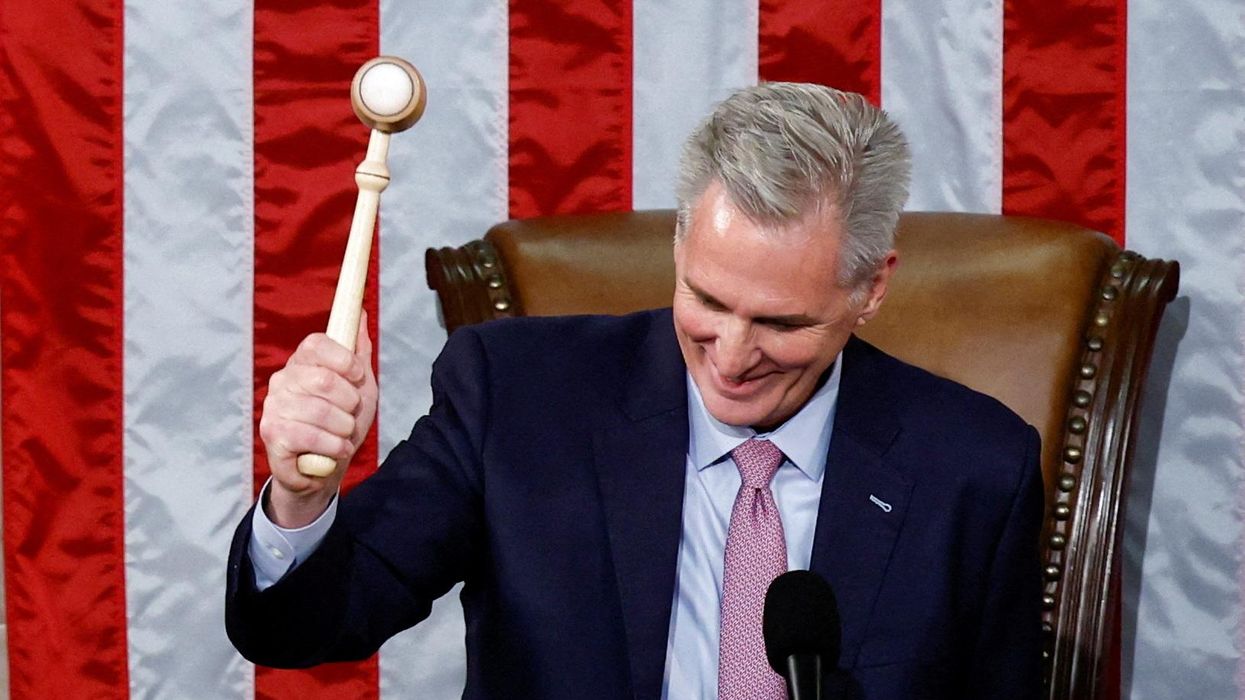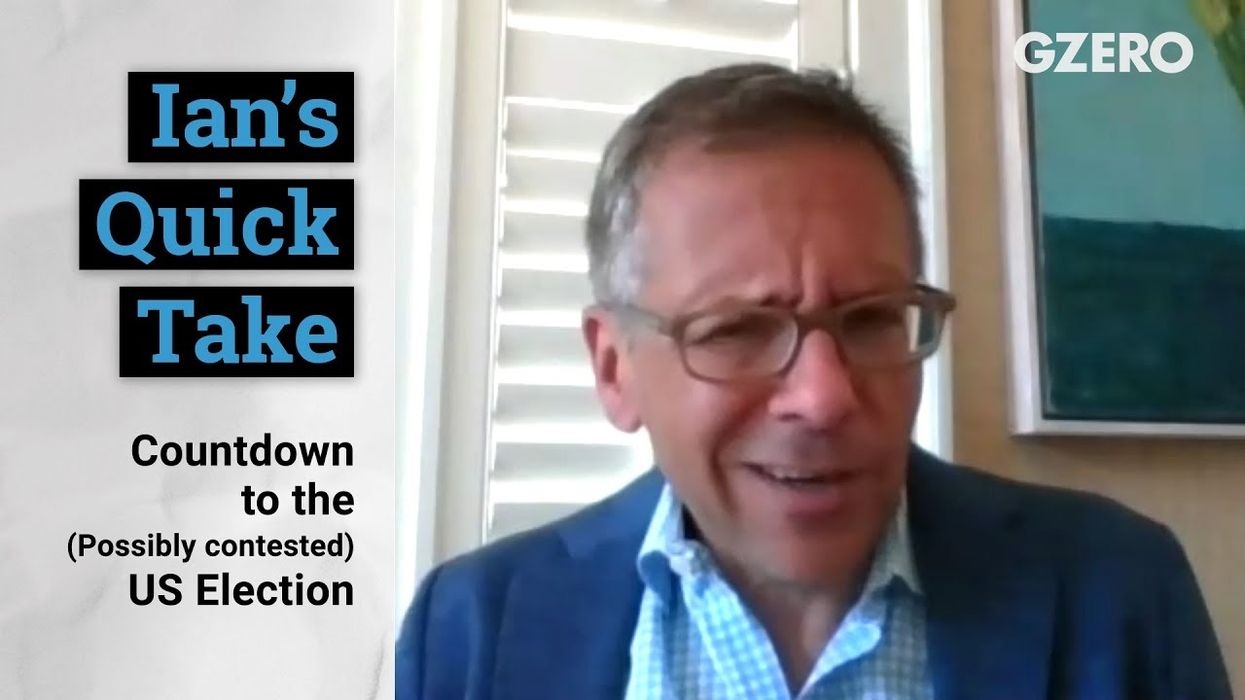What We're Watching
Republicans bid to avoid government shutdown
With a government shutdown deadline looming on Friday, US House Speaker Mike Johnson on Saturday introduced a continuing resolution that, if passed, would effectively fund the government through September. US President Donald Trump has backed the bill. The budget battle comes as fears rise over the impact of Trump's tariff policies, and the flip-flopping nature of their implementation. On Sunday, Trump refused to rule out that his aggressive economic policies could cause a recession.
Mar 09, 2025
